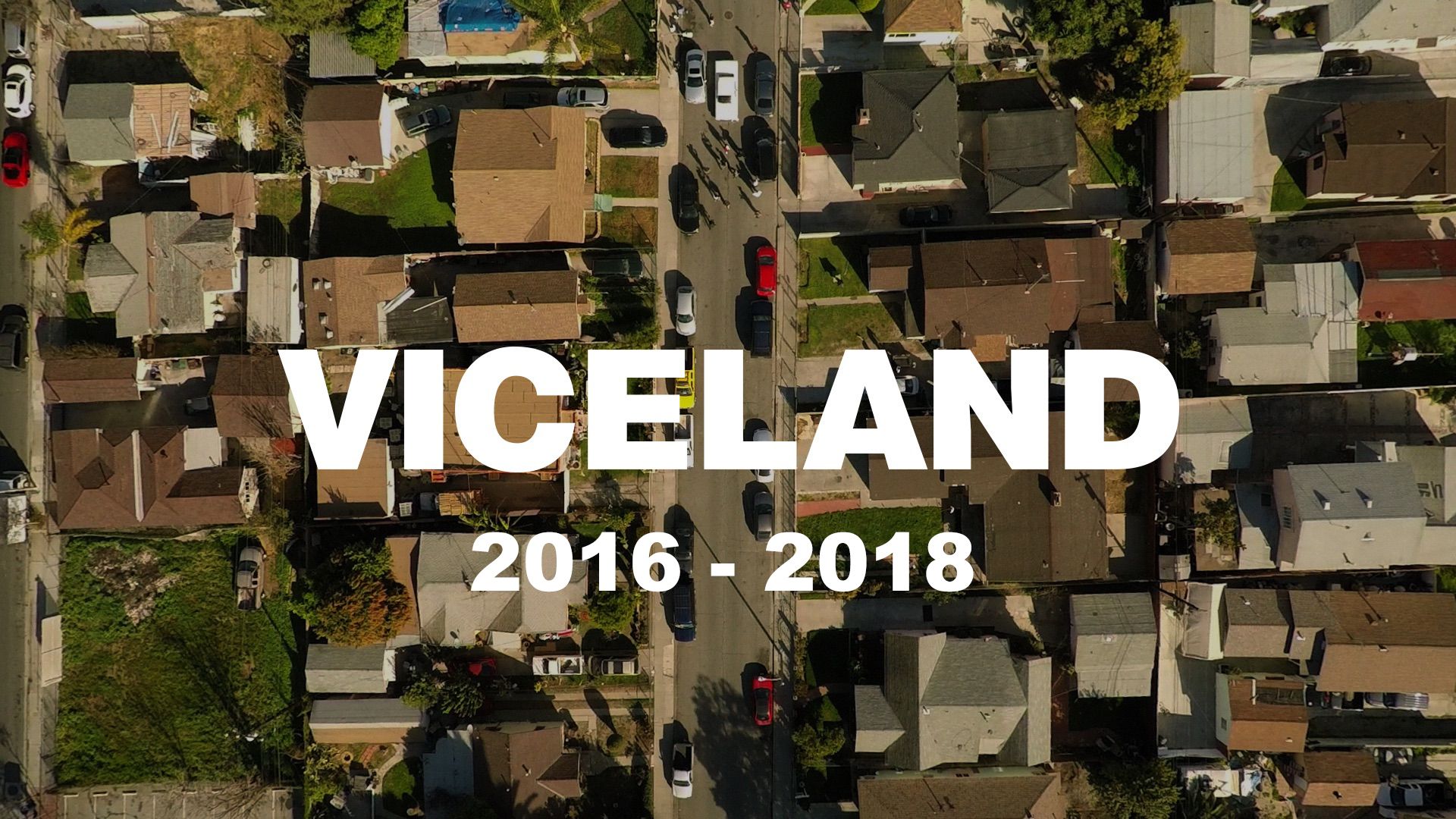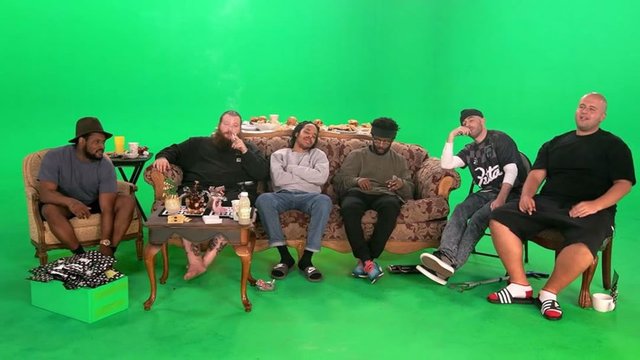
I still remember the commercials for Viceland before it aired two years ago. They were clean and simple and dangerous and promised a mysterious new television landscape with quality, immersive content geared towards young adults that grew up online. In many ways Viceland succeeded in this endeavour, its just no one seems to care.
Vice was born in 1994 in Montreal as a skate zine funded by Canada's strive for domestic content. 24 years later it has become a global juggernaut of news and culture. Things really started to gear up in 2006 with Spike Gonze making some big changes to the company's strategy as creative director. He decided to focus on digital video, seeing the trend on the horizon. The Vice Guide To Travel came out during this time, showing some crazy characters travelling the world in some crazy ways. David Cho crossing the Mexican boarder on steroids is among my favourite moments. This series was the entry point into the Vice world for many, its aesthetic defined the path things would travel in the coming years.
In 2012 their digital video content focused more on informative documentaries and news stories. It was news with the edge that Vice had already defined; it was fresh and dangerous and attracted many young viewers who would never care about news otherwise. Videos like Cannibal Warlords of Liberia and Krokodil: Russia's Deadliest Drug came out during this time. This era of Vice content still holds up as some of the best videos the internet has birthed.
A year later Vice got picked up by HBO for an hour long weekly documentary series akin to their successful news videos. This was the top of the mountain, the flag had been planted. An HBO show? what else could the small Quebecois magazine ask for? The show focuses on two main stories per episode, ranging from global warming issues to suicide bombing children of the Taliban. The show was an instant hit and is currently in its 6th season.
Vice had officially crossed into the mainstream. Before it was just for the cool edgy internet kids, now their moms watched it too. The company also got a hefty investment from 21st Century Fox around this time, and had set itself up to expand into a global news giant.
The next logical step for Vice was its own television channel. Helmed by Spike Gonze once again, Viceland started broadcasting in 2016. Its style was simple and utilitarian and unlike anything else on television at the time. It was reminiscent of the disruption power MTV once had, a more sophisticated version perhaps. The first slate of shows were amazing. Stuff like Fuck That's Delicious, Balls Deep, Gaycation, Huang's World kept the spirit of Vice strong and vibrant. Viceland featured classic cult movies, Thrasher's King Of The Road, and other special content that helped the channel define itself as something other than just Vice's youtube channel on cable.
What did end up happening though was that the content on Vice's Youtube channel really started to suffer. Obviously with their own native platform, Vice was planning on moving all their good content onto Viceland. Their Youtube channel became little more than a commercial for Viceland; little clips of episodes and some actual commercials as well.
The second seasons of these shows seemed good, but content began to get flatter and flatter, becoming almost a repetition of themselves. The new shows seemed to double down on what had worked the first time around: Weediquette and Fuck That's Delicious were hits, so lets put Action Bronson on screen with his friends and let them smoke weed. Bam: television. Other, more politically fuelled shows like WOMAN and Vice Does America aired during this time too, mimicking the climate of America at the time.
There was so much Vice happening during this time that the spark that made Vice so special seemed to have gotten lost somewhere along the way. Viceland began rerunning content more and more, and their online presence began ramping up full-length content once again.

This is an idea Viceland came up with for a television show: Action Bronson smoking weed and watching TV in front of a green screen.
On March 31, 2018 Viceland was taken off the air in Canada. While it remains in the United States, its ratings are trending much the same at its northern neighbour; things aren't looking good.
The turning point for the media monster seemed to be when they started creating content aligned with the current, overpowering cultural and political climate of the world. Before, their content acted as the inception of new culture, now it was just hopping on the train of other's ideas in the name of views and subs.
The golden era of Vice (2008-2016) is a pivotal moment for media s a whole. The landscape of news is bizarre and ever-shifting these days, and Vice began this disruption long before Trump was taken seriously. The videos they made were so original and undeniable that everyone watched and was forced to learn form them. The hubris of their new empire has clouded their Judgement over their in Williamsberg though, and pursuing the numbers that come along with featuring politically "hot" content has ultimately soiled the foundation of what made Vice great.
With a resurfacing of their web content though, the future of Vice still seems hopeful. History is proof that they can adapt to changes quickly and effectively, and this will go a long way in rebuilding their failed Viceland experiment.